Romania will have to learn to grant state aid that costs little, because it has no money, and our recommendation to the Government is to focus on financial instruments, especially credit guarantees or other similar intervention mechanisms, which do not mean direct cash, the president of the Competition Council, Bogdan Chiritoiu, told a specialist conference on Friday, agerpres reports.
"We have to provide state aid. There are a number of changes, we don't have time to go into details now, but there is a more active policy on the part of European states and this implies intelligent state interventions in the economy. The problem is that we don't have money. Other countries have money. Germany has announced 6 billion euro schemes to reduce energy costs for large consumers. We don't have similar amounts, because we have the largest budget deficit. (...) Our recommendation to the Government is to focus on financial instruments, especially state guarantees, or other similar intervention mechanisms, which do not mean direct cash," explained Chiriţoiu.
Regarding energy prices, the head of the competition authority is of the opinion that formulas must be found for energy to be cheaper for industrial consumers, so that they can compete with "the rest of the world".
"We are very pleased that things seem to be settling down on the retail side - we see for households, the general concern is for the impact on households - but I think we also need to look at the impact on industrial consumers and especially large ones. And here the problem remains that in Europe we have expensive energy - it is intentionally expensive, it is not a coincidence, it is the result of choices that we have made in Europe, of policies - so, it is an assumed thing that we have expensive energy," he said.
He underscored that in Romania a lot of energy is produced, especially from renewable sources, while gas capacities will also come into operation in the coming period, but the problem is the one related to the organisation of the market, how we can have stability in the market.
"We, at the Council, as far as we know, will continue to issue advice to the Government, to the authorities, but, at the same time, of course, we will also use the means that we have. So, beyond the recommendations, we have our part of enforcing the law, it's a big stick, so to speak, it takes us time to use that stick, we don't use it easily, but we still have a powerful instrument to sanction deviations from fair competitive behavior," he added.
The Competition Council organised, on Friday, the conference "Evolution of competition in key sectors under the impact of the energy transition and digitalisation," on the occasion of which the Report on competition in key sectors - 2025 was launched.
The event is attended by representatives of the Presidency, the Government, the Parliament, the European Commission, the Organisation for Economic Cooperation and Development (OECD), as well as public authorities, the business environment, the legal environment and civil society.

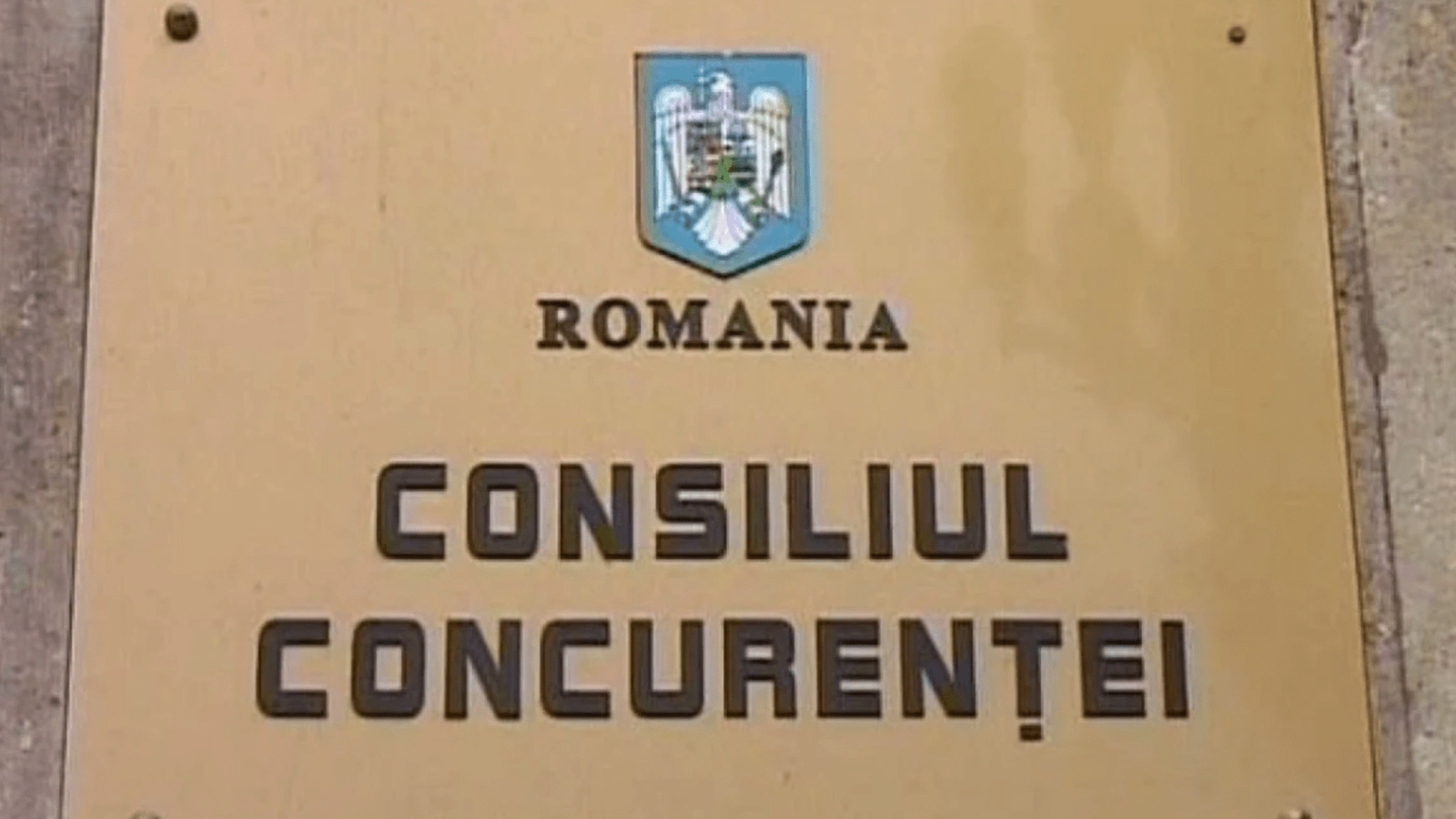
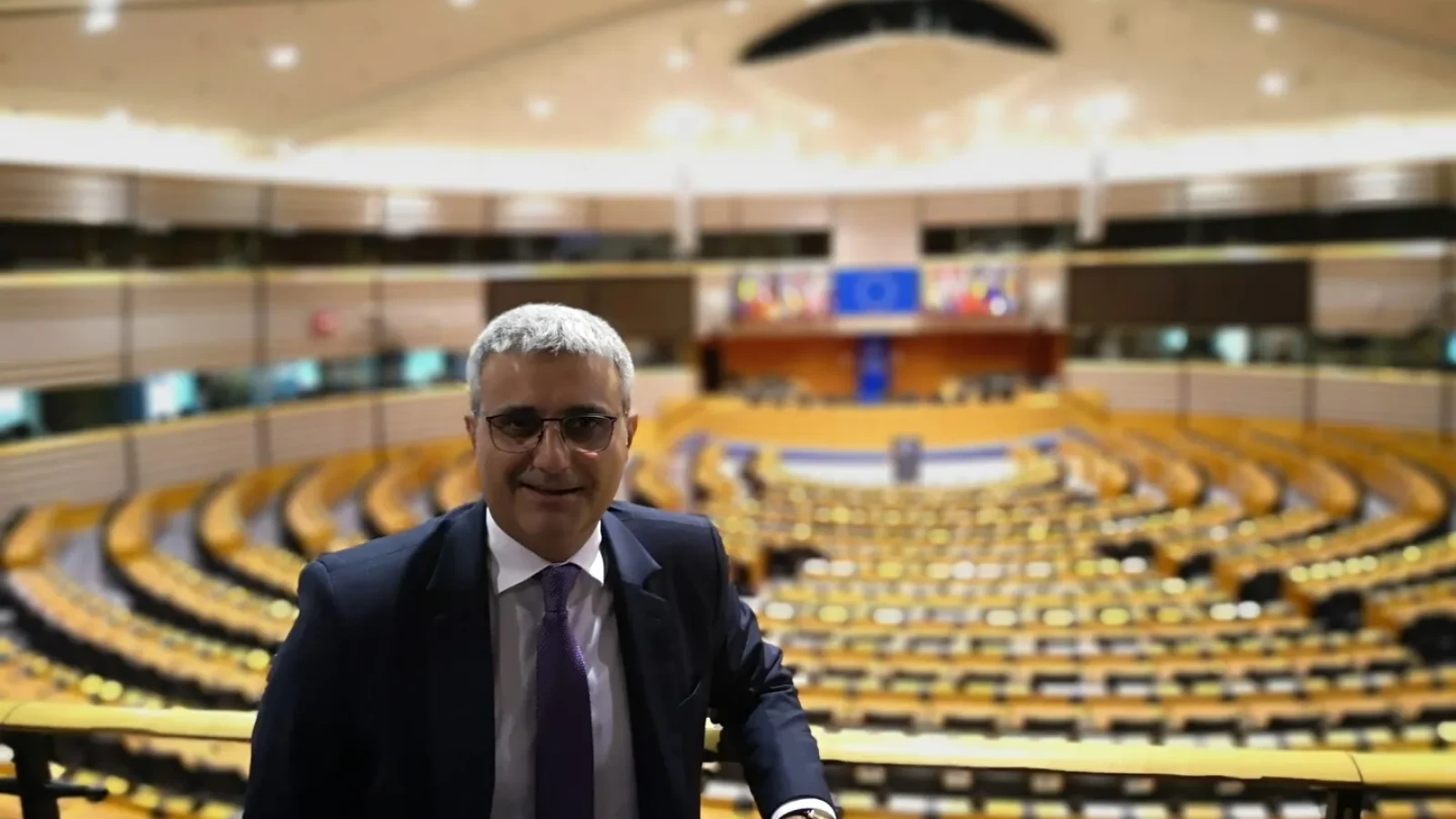
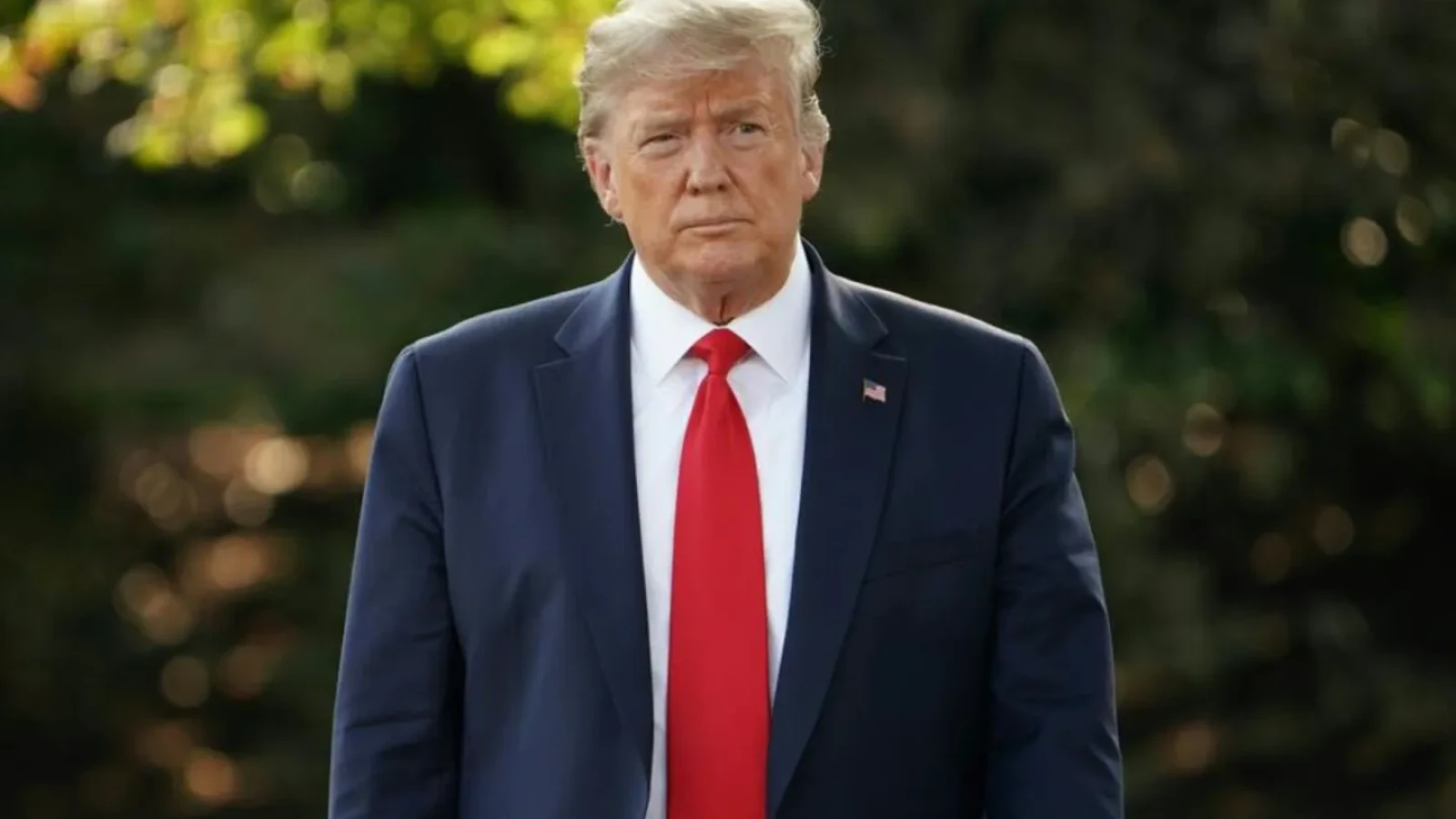
















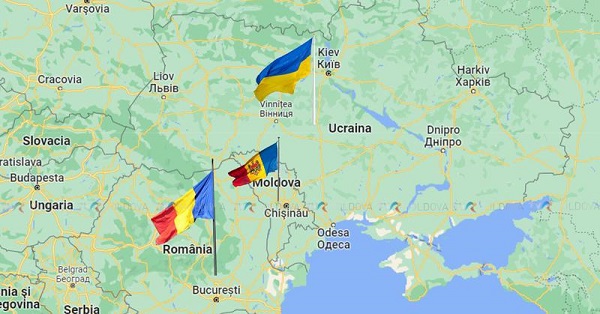
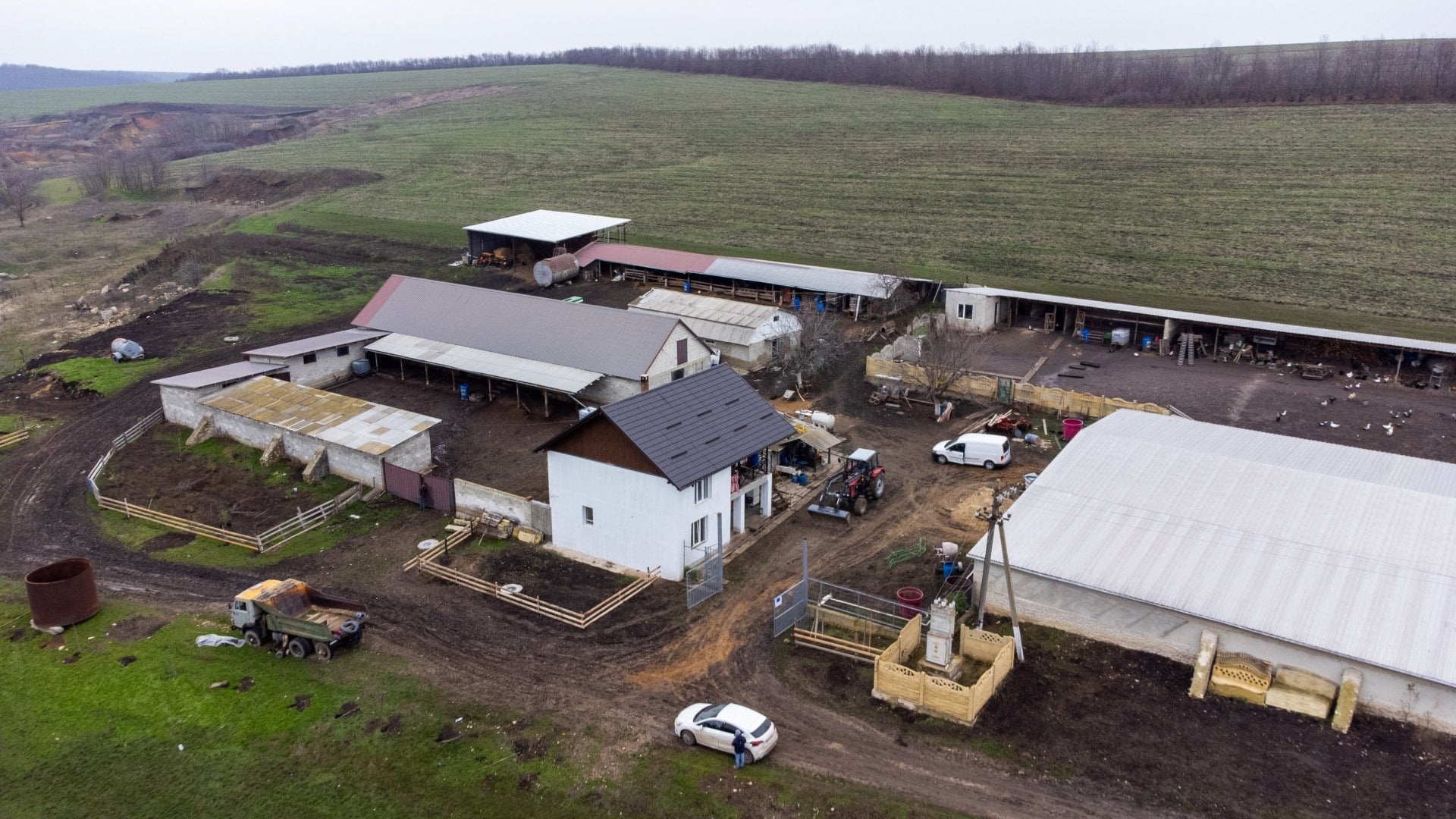
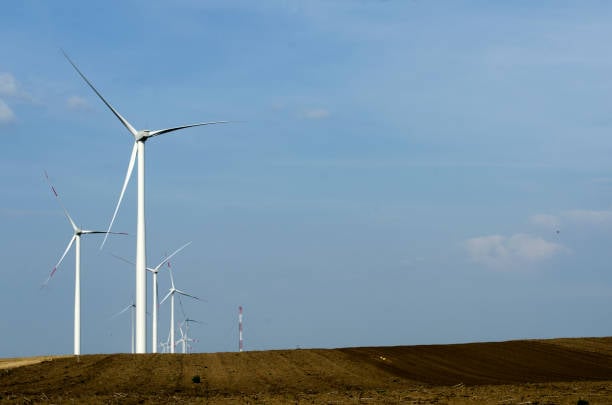
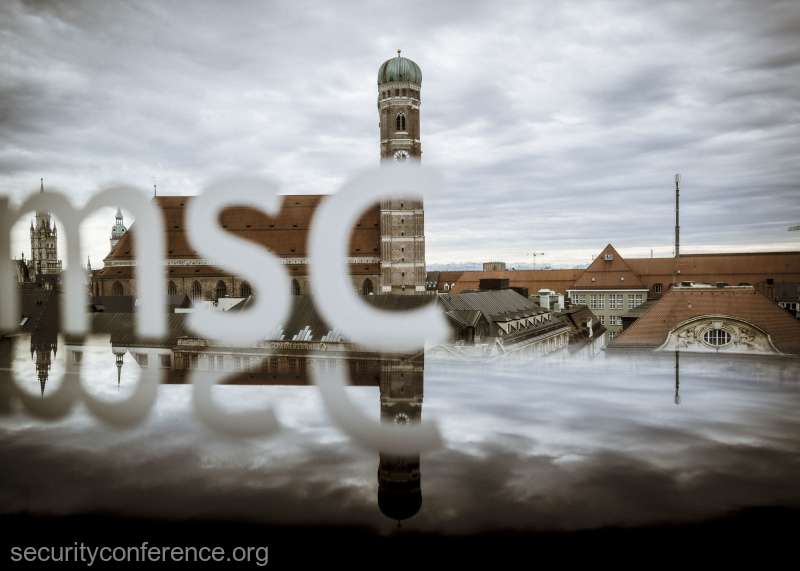








Comentează